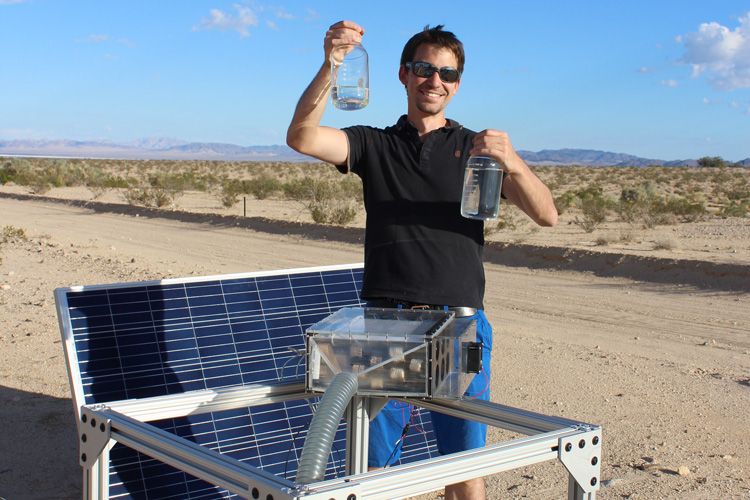This year marks the 50th anniversary of one of the most pivotal moments in human history. Stepping onto the moon, Neil Armstrong in 1969 uttered those now infamous words: “That’s one small step for man, one giant leap for mankind.”
The next fifty years did not see space travel become routine, with many coming to believe that NASA is just too slow. But space-related research and innovation are enjoying a new revival, inspired by SpaceX, Blue Origin, Virgin Galactic, and other private firms that are making commercial space travel a reality. Along with rockets, hundreds of companies across the world are working feverishly toward developing infrastructure for space tourism, novel methods of growing food off-Earth, and sustainable building materials, to name only a few. All this with a tantalizing goal: to open up other planets and extraterrestrial bodies for exploration — and perhaps even residence — by everyone, not just astronauts.
Such work has not only moved us closer to our goal of one day living and playing off-Earth, but has also benefited our lives right here, right now. Scratch-proof glass, some biopharmaceuticals, and GPS navigation all derive from space-based research. The innovation happening today is incredibly exciting, and the future possibilities are seemingly endless. Here are five companies working on technologies that can help us thrive both on- and off-Earth.






